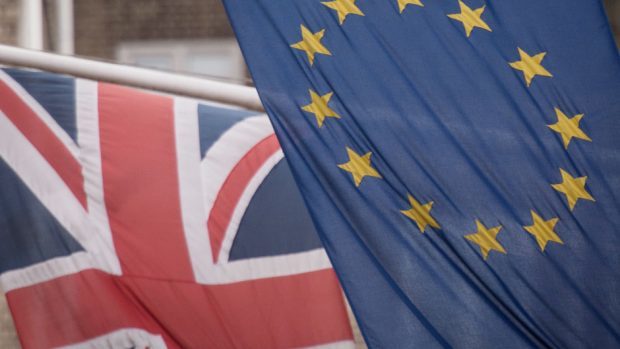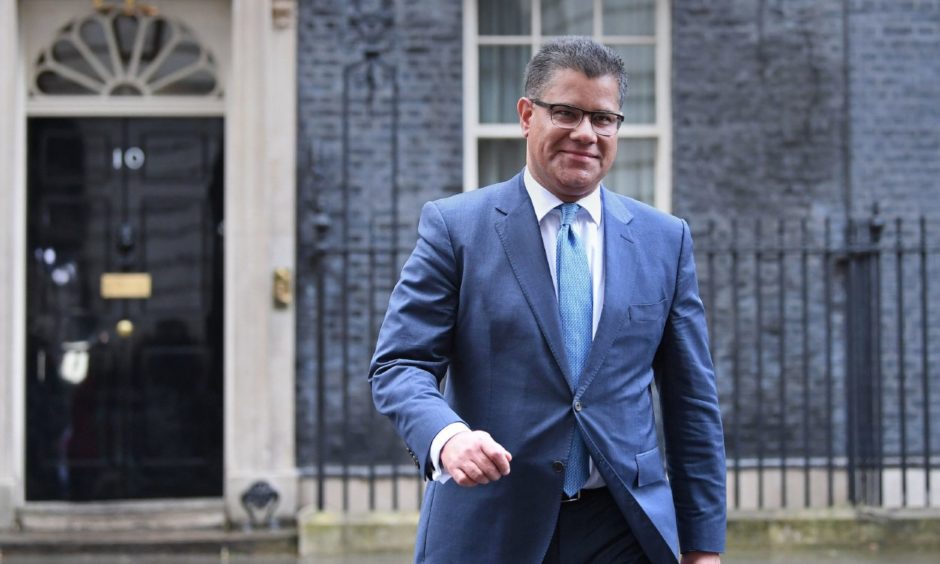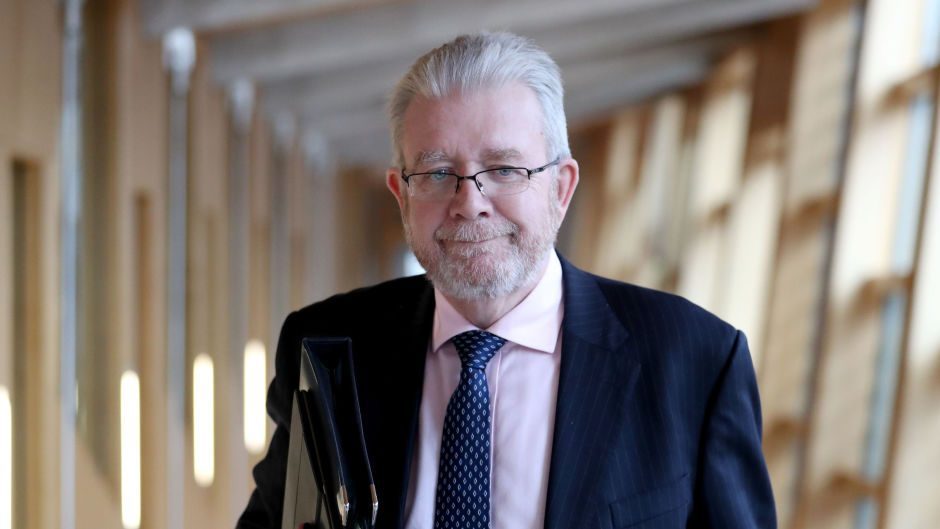Judges will be asked to resolve disputes between the UK and Scottish governments over who sets standards when powers return from Brussels post-Brexit, it has been revealed.
The devolved administrations and opposition MPs have been calling for a dispute resolution panel to decide on disagreements as powers return from the EU and common frameworks, which govern everything from agriculture to air quality, are set.
Business Secretary Alok Sharma was asked four times to commit to such a panel when he introduced proposals for a UK internal market in the Commons on July 16.
Mr Sharma dodged the questions, telling MPs his proposals would see “a power surge” for the devolved governments.
This afternoon Mr Sharma’s colleague, Martin Callanan, was more open when grilled by peers.
We have no intention of setting up an alternative dispute resolution procedure when we have one of the best and most efficient court systems in the world to resolve disputes.”
Lord Callanan
Plaid Cymru’s Lord Wigley asked: “Does the minister recognise that the acceptability of these proposals will depend on the credibility of any dispute resolution system, and if so, will all four nations have an equal voice within such a system?”
Lord Callanan responded: “I hope there won’t be any disputes, but if there were they would be legal disputes and the correct forum for resolving legal disputes is through the court system.
“We have no intention of setting up an alternative dispute resolution procedure when we have one of the best and most efficient court systems in the world to resolve disputes.”
The comments will invite further distrust from the devolved administrations, who have been locked in a lengthy dispute about who will ultimately be responsible for setting standards previously set by the EU.
The Scottish Government has said the current proposal, which requires all four nations to accept goods and services from other parts of the UK, even if they have set different standards locally, makes a mockery of devolution.
In a letter to Michael Gove, Scotland’s constitution minister Mike Russell did not mince his words, saying the “Scottish Government could not, and would not, accept any such plans. Nor would we co-operate with them”.
But the UK Government has already demonstrated its willingness to use parliamentary sovereignty to override the devolved administrations in the face of dissent.
In January Westminster passed the European Union (Withdrawal Agreement) Act 2020 despite the unprecedented situation of all three devolved legislatures refusing to give consent under the Sewel convention; if faced with the same situation over a new internal market bill, the UK parliament could once again force it through.
Following Lord Callanan’s comments, there are now questions over where disputes would be resolved: in the English and Welsh courts or in Scotland.


